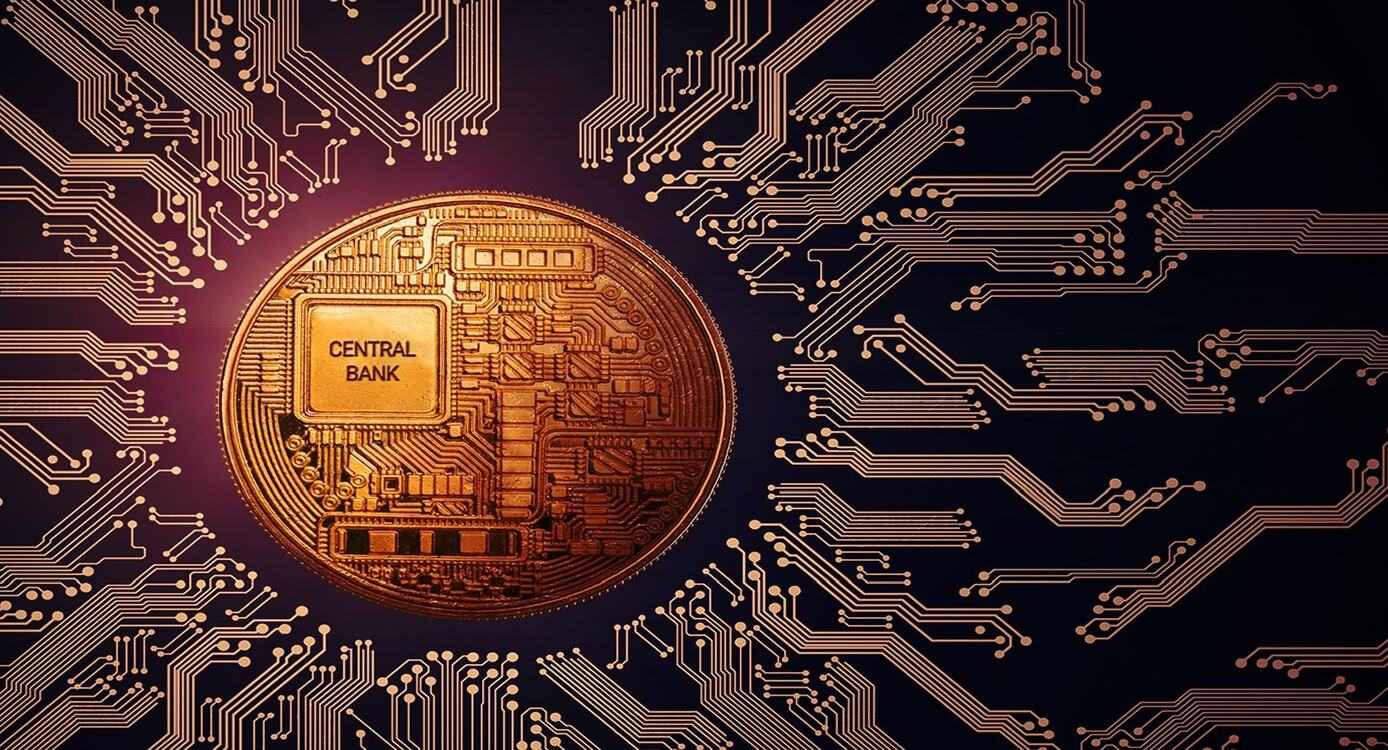News

Central Bank Digital Currencies (CBDCs): The Government-Controlled Cryptocurrency Revolution
Central Bank Digital Currencies (CBDCs): The Government-Controlled Cryptocurrency Revolution
Fact Confirmed: Governments Are Launching Their Own Digital Currencies
In our recent Fact or Fiction challenge, we asked:
"Are governments really creating digital versions of their currencies on blockchain, enabling instant payments while tracking every transaction?"
The answer is 100% FACT. ✅
Over 130 countries are now developing Central Bank Digital Currencies (CBDCs)—a government-controlled form of cryptocurrency that could redefine money as we know it. Here’s what’s happening, which countries are leading, and why this matters for the future of finance.
🔍 What Are CBDCs?
CBDCs are digital versions of national currencies (like the US dollar or euro) issued by central banks. Unlike decentralized cryptocurrencies (Bitcoin, Ethereum), CBDCs are:
- Centralized – Fully controlled by governments
- Traceable – Every transaction is monitored
- Instant – No bank delays for settlements
How They Differ From Crypto & Cash
| Feature | CBDC | Bitcoin | Cash |
|---|---|---|---|
| Issuer | Government | Decentralized | Government |
| Privacy | None (fully tracked) | Pseudonymous | Anonymous |
| Supply | Controlled by central bank | Fixed (21M BTC) | Printed as needed |
| Speed | Instant | ~10 min (Bitcoin) | Instant |
🌍 Who’s Leading the CBDC Race?
1. China (Digital Yuan / e-CNY)
- Status: Live since 2020
- Users: 260+ million wallets
Features:
- Works offline
- Used for salaries, taxes, shopping
- Integrated with Alipay/WeChat Pay
2. The Bahamas (Sand Dollar)
- Status: First fully deployed CBDC (2020)
- Goal: Financial inclusion across 700 islands
3. Nigeria (eNaira)
- Status: Launched 2021
- Problem: Low adoption (only ~0.5% use it)
4. Upcoming Launches:
- Eurozone (Digital Euro pilot in 2024)
- USA (FedNow → potential CBDC precursor)
- India (Digital Rupee testing)
🚨 Why CBDCs Are Controversial
The Pros:
✅ Faster payments (no bank delays)
✅ Financial inclusion (bankless citizens can participate)
✅ Combats illicit finance (trackable transactions)
The Cons:
❌ No privacy – Governments see all spending
❌ Programmability risk – Could block certain purchases (e.g., gas, guns)
❌ Bank disintermediation – Why use banks if CBDCs go direct?
🔮 The Future: Will CBDCs Replace Cash?
- China plans to phase out cash slowly in favor of e-CNY
- US/EU may keep cash but add CBDC options
- Privacy coins (Monero, Zcash) could be banned
📌 Key Takeaways
✅ Fact: CBDCs are real and spreading fast
⚠️ Trade-off: Convenience vs. surveillance
Recommended to read

Saitama Criterium Shocker - Tadej Pogačar Emerges Victorious, Leaving Sepp Kuss in the Dust!
Tadej Pogačar claims victory in the Saitama Criterium, narrowly defeating Sepp Kuss in a thrilling two-up sprint, while Peter Sagan secures the third...
Read more
Get K8 Airdrop update!
Join our subscribers list to get latest news and updates about our promos delivered directly to your inbox.


